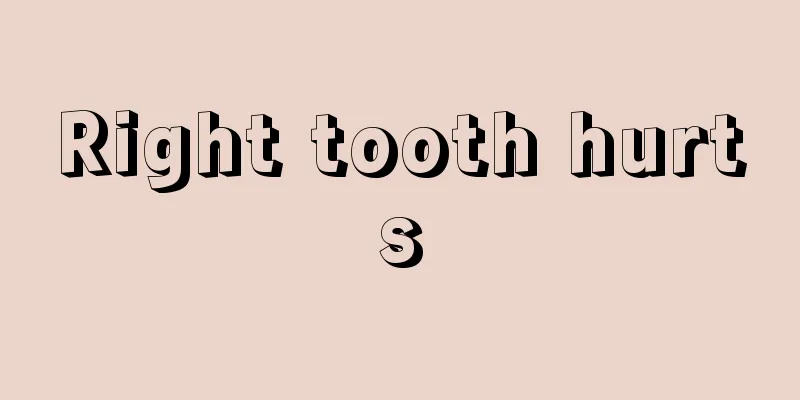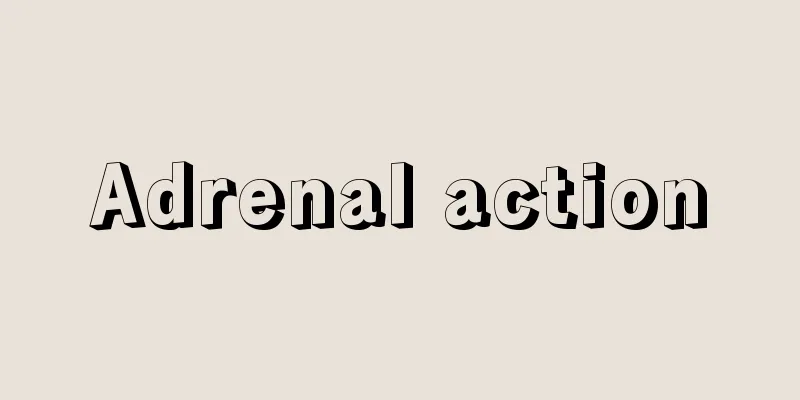Bleeding for hours after tooth extraction

|
Because the teeth are loose or the wisdom teeth are crooked, we need to go to a professional dental hospital to extract the teeth. But many friends have encountered this situation: after tooth extraction, several hours have passed, but the gums are still bleeding. What is the cause of this? In fact, the occurrence of this situation is probably because everyone neglected the care after tooth extraction, which led to the continued bleeding. Causes of bleeding after tooth extraction 1. If there is continuous bleeding after tooth extraction, it may be because you brush your teeth or rinse your mouth immediately after or on the day of tooth extraction. Brushing your teeth or rinsing your mouth too early will irritate the wound, and water will wash away the blood clot covering the wound, thus causing bleeding. 2. After tooth extraction, you need to bite the cotton roll for a while. This can press on the wound, allowing blood clots to form as soon as possible to help the wound heal. If you spit out the cotton roll too early, it will be detrimental to wound healing and cause bleeding. 3. There are foreign objects in the alveolar socket, such as broken teeth that are not cleaned out, causing infection and bleeding. 4. People with systemic diseases, such as liver disease, blood disease, high blood pressure, etc., may also continue to bleed after tooth extraction due to the disease. What to do if bleeding does not stop after tooth extraction Chewing cotton balls If bleeding occurs after tooth extraction, you can immediately find a piece of sterilized gauze and place it on the bleeding wound and bite it, or bite a cotton ball. After about half an hour, check whether there is still bleeding. Cold compress treatment Apply a towel or gauze dipped in ice water to the side of the face that is bleeding from tooth extraction. The local blood vessels will contract on their own and stop the bleeding after being exposed to cold stimulation. Or you can try to put some ice cubes locally, which can also help constrict blood vessels. Seeking medical treatment If biting a cotton ball or applying cold compress does not relieve the pain and the bleeding still does not stop, go to the hospital immediately to see a doctor. Do not take hemostatic drugs on your own. How to avoid bleeding after tooth extraction 1. After tooth extraction, you should bite the sterilized cotton ball or gauze pressed on the wound, which can compress and stop bleeding and protect the wound. Note that you should spit it out after biting for 30-40 minutes. The biting time should not be too short or too long. 2. Do not rinse your mouth or brush your teeth within 24 hours after tooth extraction to avoid bleeding. 3. Do not lick the wound with your tongue often or suck the wound hard to prevent wound damage from causing infection, or causing blood clots on the wound to fall off, affecting the coagulation process and causing continuous bleeding. 4. After tooth extraction, be careful not to eat food that is too hot, too hard, or too irritating. You should eat more liquid food. 5. People with blood diseases who want to have a tooth extracted should explain clearly to the doctor before the extraction so that the doctor can take appropriate measures to avoid excessive bleeding. |
<<: Tips for treating bleeding gums
>>: The veins on the hands are very obvious
Recommend
How to use Banana Boat sunscreen?
There are many sunscreen products on the market n...
What treatment do patients with colon cancer need
At present, the treatment of colon cancer is main...
Why do my breasts feel itchy?
Breast itching is very common. It may be caused b...
What vegetables can lower blood pressure? Which vegetables can lower blood pressure?
People with high blood pressure will definitely t...
What are the causes of oral and tongue ulcers? Causes of oral and tongue ulcers
Modern people have a heavier taste, especially th...
How does radiofrequency ablation treat premature beats?
Premature beats are what we often call heart rhyt...
Chronic pharyngitis with blood in sputum
Blood in sputum is a relatively obvious symptom o...
Introduction to high-risk groups for cervical cancer. Diet is the key to preventing cervical cancer
Cervical cancer is a common malignant tumor. If n...
What are the symptoms of lung cancer bone metastasis? 3 symptoms of lung cancer bone metastasis
Lung cancer is a malignant tumor that occurs in t...
Why is my face red and itchy due to allergies?
Allergy is a common thing in life. There are many...
Which hospital is good at treating esophageal tumors?
Which hospital is good at treating esophageal tum...
What are the symptoms of early uterine cancer?
The incidence of uterine cancer is very high in C...
Is mosquito coil effective in repelling mosquitoes?
Mosquitoes are insects that bother everyone in da...
Is late stage breast cancer contagious?
Is advanced breast cancer contagious? 1. Breast c...
Can you tell if you have brain cancer from your hands?
If there is no diagnosis, you can go to a local r...









